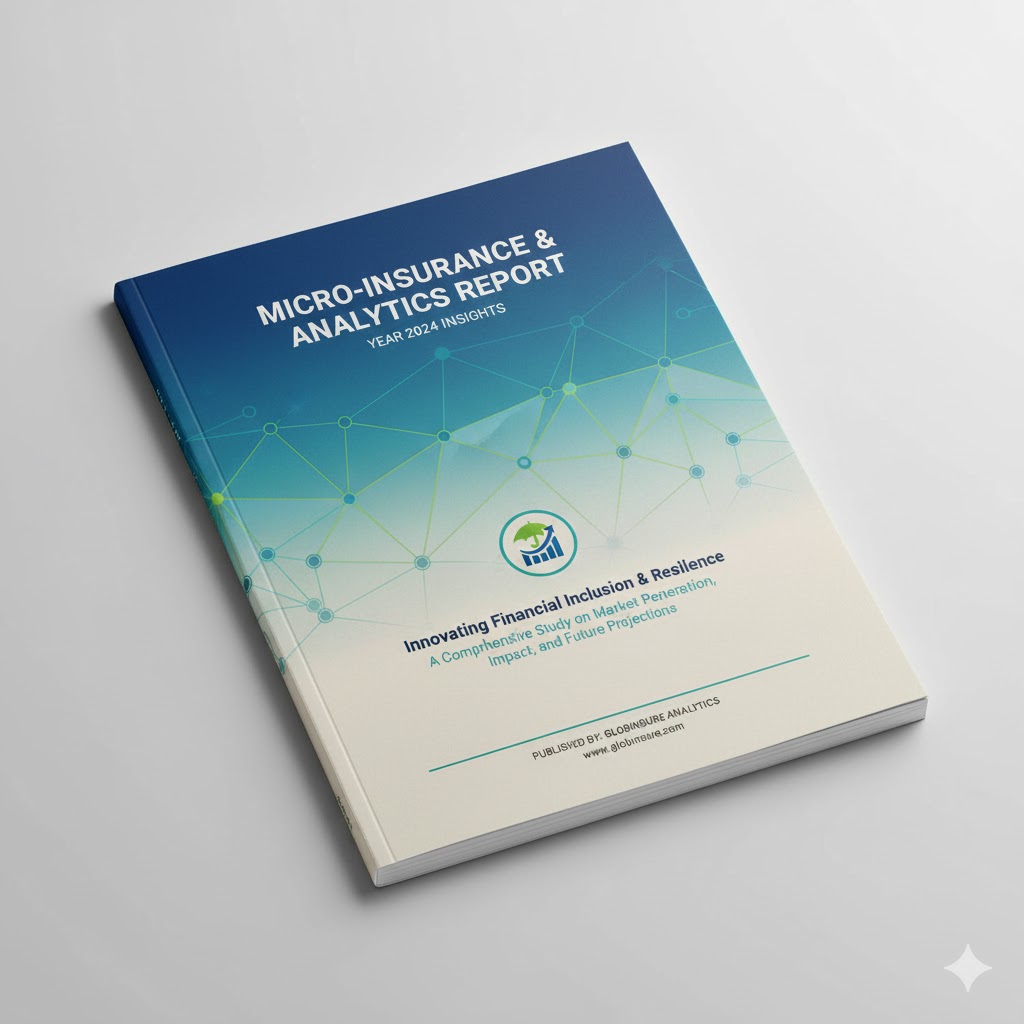Displaying 1 - 12 of 12

Bringing Health Microinsurance to Kenyans via Mobile Phone
Kenya-based pilot that bundled hospital cash, digital loans, and mobile health tools to increase access and affordability. MicroEnsure piloted Fearless Health by combining hospital cash benefits with mobile-enabled digital health loans to support underserved Kenyan populations.
Date d'émission
2018
Sujets
Sujet (Produit)
Région

Case Study: Through Rain or Drought, Crop Insurance Provides a Protective Umbrella for Us
ACRE Africa's crop index insurance enabled Kenyan smallholder farmers to recover from climate shocks. This pioneering weather-index product helped sustain productivity and manage agricultural risks by offering timely protection against drought and other climate-related threats.
Date d'émission
2016
Sujets
Sujet (Produit)
Région

Climate insurance for coffee farmers
Blue Marble partnered with Nespresso to provide weather index insurance to coffee farmers. Automatic payouts based on satellite rainfall data. Coverage expanded to multiple countries.
Date d'émission
2023
Sujets
Sujet (Produit)

Empowering Women Smallholder Farmers through Digital Microinsurance
Photo essay by ADFI and Pula showing gender-inclusive insurance design using mobile platforms and bundled climate microinsurance products across Kenya, Nigeria, and Zambia.
Date d'émission
2022
Sujets
Sujet (Produit)
Région

Enhancing Agricultural Productivity through Yield Estimation Initiatives in Partnership with the Farm-to-Market Alliance
Details ACRE Africa & FtMA project in Kenya to improve crop index insurance using geo-mapped yield data and local training.
Date d'émission
2024
Sujets
Sujet (Produit)
Région

IFC Inclusive Business Case Study: MicroEnsure
MicroEnsure bundled insurance with mobile loans and airtime in 15 countries. By 2016, this model had scaled to reach over 40 million clients and included 200+ insurance products. It illustrates a high-impact approach to mobile-enabled microinsurance delivery with large-scale outreach.
Date d'émission
2016
Sujets
Sujet (Produit)

INSULAR LIFE, PHILIPPINES – The case for insuring women for a better tomorrow
Insular Life, Philippines – This case study showcases how Insular Life (InLife), a leading life insurer and health maintenance organization in the Philippines, partnered with IFC and the Women Entrepreneurs Finance Initiative (We-Fi) to better serve Filipino women. Their gender-focused strategy positions InLife as both an inclusive insurer and an employer of choice for women. The report outlines their journey toward creating more accessible insurance solutions, workforce empowerment, and long-term impact on women's financial resilience.
Date d'émission
2021
Sujet (Produit)
Région

Making a profitable inclusive insurance business: a case study of Britam, Kenya
In 2007, Britam, a Kenyan financial group, launched its first microinsurance product for low-income customers. Over 11 years, Britam built a profitable microinsurance business unit covering more than 700,000 lives by 2017. This case study distills key lessons from Britam's journey to guide other insurers in serving traditionally excluded markets.
Date d'émission
2019
Sujets
Sujet (Produit)
Région

Making climate risk microinsurance work. Case Study: Kenya Agriculture Insurance Program (KAIP) with APA, Kenya
Information on the Kenya Agriculture Insurance Program developed in partnership with APA Insurance. The overview includes pricing structures, government subsidy mechanisms, challenges in implementation, delivery models, and overall performance metrics. The case outlines key lessons learned from executing a national climate risk microinsurance scheme in a Sub-Saharan African context and provides insight into scaling agricultural resilience through public-private collaboration.
Date d'émission
2021
Sujets
Sujet (Produit)
Région

Making climate risk microinsurance work. Case Study: Philippine Crop Insurance Corporation (PCIC), Philippines
Case study of the Philippine Crop Insurance Corporation (PCIC) and its role in climate risk microinsurance. This diagnostic overview outlines PCIC's origin, goals, and subsidy model, and examines the challenges and performance of its delivery system. The paper also highlights pricing strategies, key operational hurdles, and practical lessons learned — contributing to a broader understanding of how public sector agricultural insurance can support resilience in Asia.
Date d'émission
2021
Sujets
Sujet (Produit)
Région

MALAYAN INSURANCE, PHILIPPINES - The case for insuring women for a better tomorrow
This World Bank report analyzes how Philippine insurers adapted to COVID-19 and how their inclusive insurance models helped maintain resilience for over 38 million microinsurance policyholders. The study highlights product innovations, digital transformation, and lessons for future crisis response through inclusive insurance strategies.
Date d'émission
2020
Sujets
Sujet (Produit)
Région

Pioneer Microinsurance: Building a Business around Positive Customer Experience Pays Off
Pioneer Microinsurance in the Philippines built a strong customer-centric culture by leveraging client data and insights and embedding customer-focused behaviors across the organization. This approach improved the customer experience, strengthened client value, and drove significant business growth, including higher policy renewals and expanded outreach.
Date d'émission
2018
Sujets
Sujet (Produit)
Région
